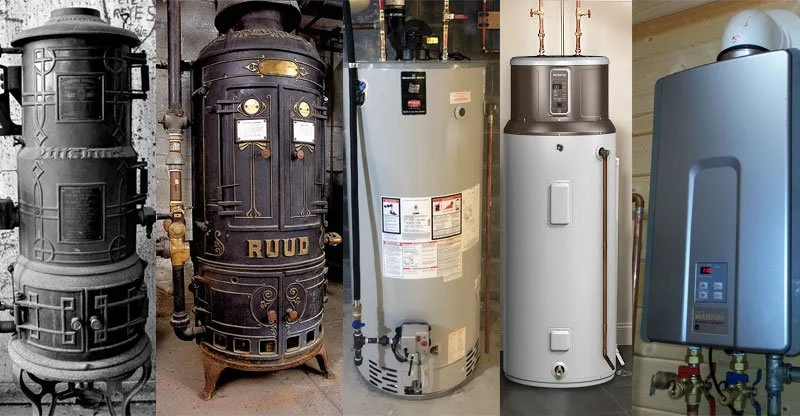The Longevity Conundrum: Can a Hot Water Heater Last 20 Years?
Hot water heaters are the unsung heroes of our households, silently working to provide us with the comfort of warm showers and clean dishes. Yet, as with any appliance, the lifespan of a hot water heater is a common concern for homeowners. The question on many minds is: Can a hot water heater truly last 20 years? In this blog post, we'll explore the factors that contribute to the longevity of hot water heaters and provide tips on extending their lifespan.
Quality Matters: The Initial Investment:
One of the critical factors determining the lifespan of a hot water heater is its quality. Higher-quality units, often accompanied by a larger initial investment, tend to have a longer lifespan. When shopping for a hot water heater, consider factors such as the materials used, the brand reputation, and customer reviews. Investing in a reputable brand with a track record of reliability can pay off in the long run.
Regular Maintenance: The Key to Longevity:
Just like any other appliance, hot water heaters require regular maintenance to operate efficiently and extend their lifespan. Flushing the tank annually to remove sediment buildup, checking and replacing the anode rod, inspecting for leaks, and ensuring proper insulation are essential tasks. Regular maintenance not only prevents malfunctions but also improves the energy efficiency of the unit, saving you money in the long term.
Water Quality Impact: The Silent Culprit:
The quality of the water in your area can significantly impact the lifespan of your hot water heater. Hard water, which contains high levels of minerals like calcium and magnesium, can lead to sediment buildup and corrosion, affecting the efficiency and longevity of the unit. Consider installing a water softener if you live in an area with hard water, as it can help reduce mineral deposits and extend the life of your hot water heater.
Technology Advancements: Newer Isn't Always Better:
While newer models often boast advanced technologies and energy efficiency, the age of your hot water heater doesn't necessarily dictate its reliability. Older units, if well-maintained, can continue to function efficiently for an extended period. However, it's essential to weigh the potential energy savings of a new unit against the continued reliability of your existing one before considering a replacement.
Signs of Aging: Knowing When It's Time:
Despite your best efforts, there will come a time when your hot water heater reaches the end of its lifespan. Signs of aging include persistent leaks, rust-colored water, strange noises, and a decrease in water temperature. If you notice these indicators, it may be time to start exploring replacement options to avoid sudden failures and water damage.
Conclusion:
In the quest to determine if a hot water heater can last 20 years, it's evident that various factors come into play. Quality, regular maintenance, water quality, and technological advancements all contribute to the longevity of these essential appliances. By investing in a high-quality unit, practicing regular maintenance, and being attentive to signs of aging, homeowners can maximize the lifespan of their hot water heaters and enjoy years of reliable performance.

